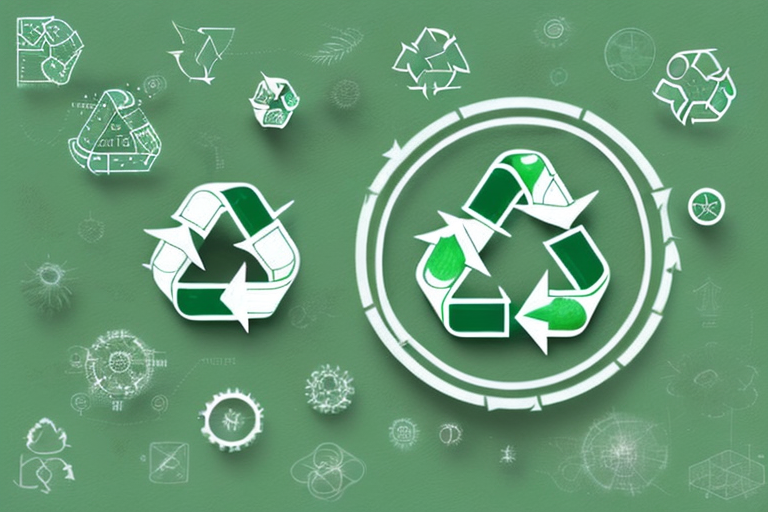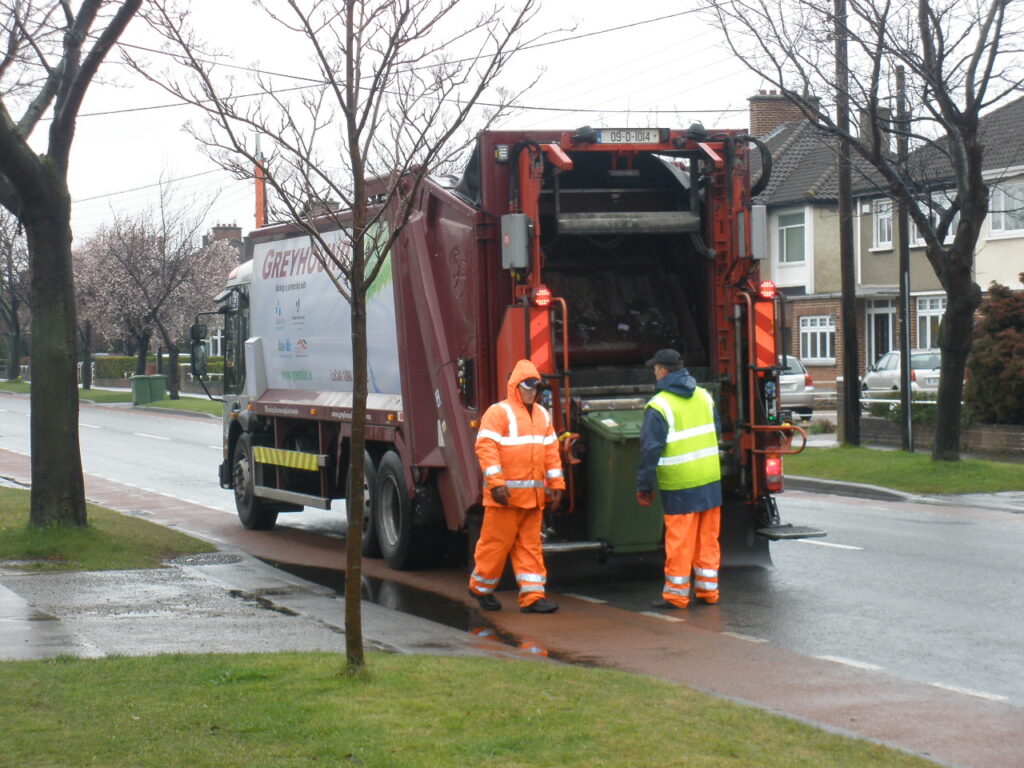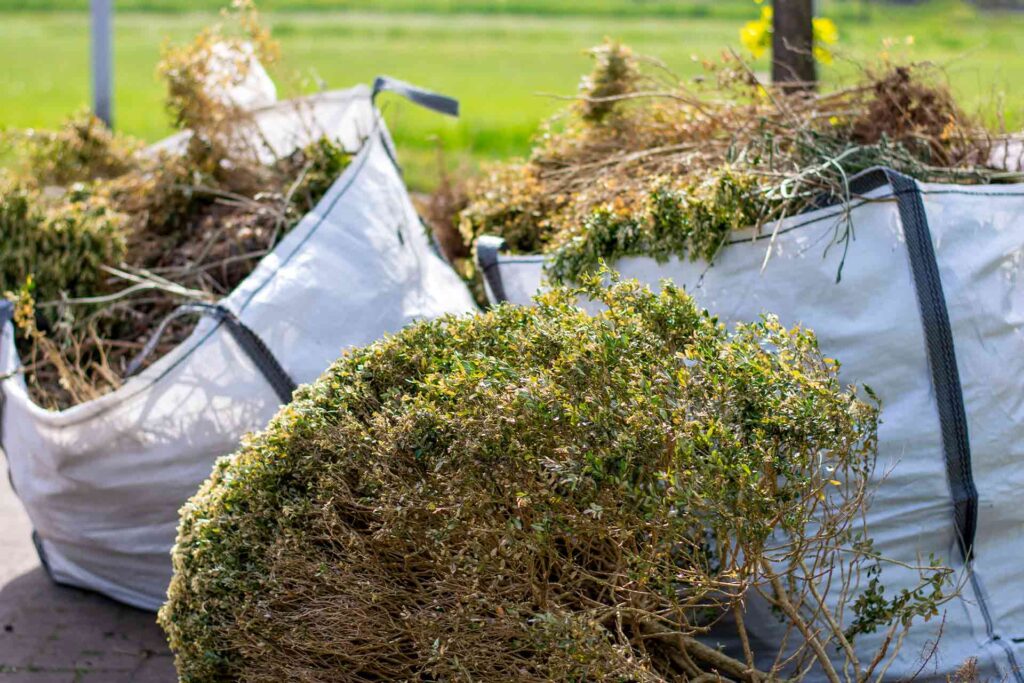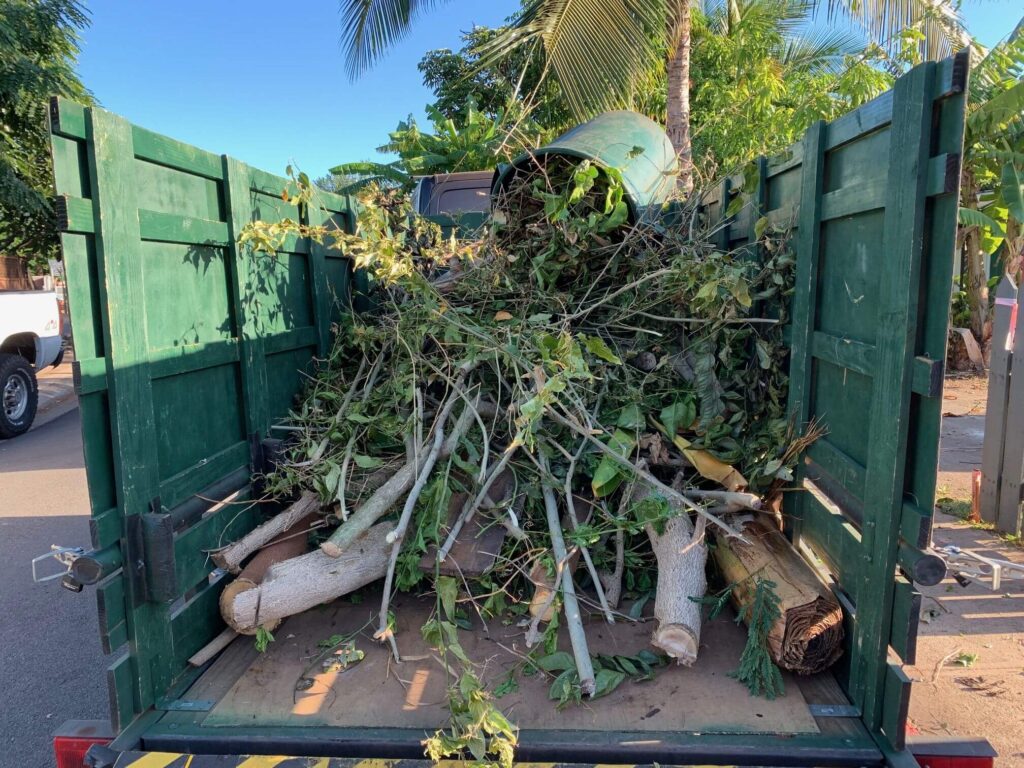In today’s world, environmental sustainability is becoming increasingly important. One aspect of this involves the proper management and removal of green waste. Green waste refers to organic materials such as grass clippings, leaves, branches, and other plant-based materials. While it may seem harmless, the impact of improperly managed green waste can be significant. In this article, we will explore the eco-friendly approach to effective green waste removal and its benefits.
Understanding Green Waste: What It Is and Why It Matters
Before delving into the eco-friendly approach to green waste removal near me, it is essential to understand what green waste is and why it matters. Green waste encompasses a wide range of organic materials, including garden waste, yard trimmings, and food scraps. These materials are biodegradable and can return valuable nutrients to the soil through composting or proper disposal.
The Environmental Impact of Green Waste
The improper disposal of green waste can have several detrimental effects on the environment. One of the main concerns is the release of greenhouse gases. When green waste ends up in landfills, it decomposes without access to oxygen, producing methane, a potent greenhouse gas that contributes to climate change. By diverting green waste from landfills through eco-friendly removal methods, we can significantly reduce greenhouse gas emissions.
The Role of Green Waste in Eco-Systems
In addition to its negative environmental impact when improperly managed, green waste plays a crucial role in eco-systems. When properly composted or used as mulch, it enriches the soil, improves water retention, and fosters the growth of beneficial microorganisms. By recognizing the value of green waste and implementing eco-friendly removal practices, we can support healthier and more vibrant eco-systems.

Let’s take a closer look at the process of composting green waste. When garden waste, yard trimmings, and food scraps are composted, they break down naturally, creating a nutrient-rich soil amendment. Composting not only reduces the amount of waste sent to landfills but also provides a sustainable solution for enriching the soil in gardens, farms, and landscapes.
Composting green waste involves creating the right conditions for decomposition to occur. This includes maintaining the right balance of carbon-rich materials (such as dried leaves or straw) and nitrogen-rich materials (such as grass clippings or fruit and vegetable scraps). The pile needs to be turned regularly to ensure proper aeration and moisture levels. Over time, the microorganisms present in the green waste break it down into humus, a dark, crumbly substance that improves soil structure and fertility.
In addition to composting, another eco-friendly method of green waste removal is mulching. Mulch is a layer of organic material, such as wood chips or shredded leaves, that is spread over the soil surface. This layer helps to suppress weed growth, retain moisture, and regulate soil temperature. As the mulch breaks down, it adds organic matter to the soil, improving its overall health and fertility.
By understanding the intricacies of composting and mulching, we can fully appreciate the value of green waste and its potential to benefit the environment. Implementing these eco-friendly practices not only reduces waste and greenhouse gas emissions but also promotes sustainable gardening and land management.
The Eco-Friendly Approach to Green Waste Removal
Embracing an eco-friendly approach to green waste removal is not only beneficial for the environment but also for our communities. By following a few principles of eco-friendly waste management, we can ensure that green waste is disposed of responsibly and sustainably.
Principles of Eco-Friendly Waste Management
Effective eco-friendly waste management involves a few key principles. Firstly, it is important to separate green waste from other types of waste, such as plastics or metals, to facilitate proper disposal or composting. By doing so, we can minimize the contamination of recyclable materials and ensure that green waste is diverted from landfills.
Secondly, prioritizing composting as a means of green waste removal is essential. Composting allows organic materials to decompose naturally, creating nutrient-rich soil amendments for use in gardens and landscapes. Not only does this reduce the need for chemical fertilizers, but it also helps to improve soil health and promote sustainable agriculture.
Green Waste Removal Techniques
There are various techniques for eco-friendly green waste removal. One popular method is backyard composting, where individuals can use compost bins or piles to decompose their organic waste at home. This approach not only reduces the amount of waste sent to landfills but also provides individuals with a valuable resource for their gardens.
Community composting programs are another option, allowing individuals to contribute their green waste to a larger-scale composting facility. These programs often provide education and support to help communities embrace sustainable waste management practices. By working together, we can maximize the benefits of composting and create a positive impact on our environment.
Additionally, many municipalities provide curbside collection services for green waste, which is then processed using industrial composting methods. This convenient service ensures that green waste is properly handled and transformed into valuable compost on a larger scale. It also encourages widespread participation in eco-friendly waste management practices, making it easier for individuals to contribute to a greener future.
By adopting these eco-friendly waste management principles and utilizing the various green waste removal techniques available, we can make a significant difference in reducing our environmental footprint. Together, let’s strive for a cleaner and more sustainable future.

Benefits of Eco-Friendly Green Waste Removal
The benefits of eco-friendly green waste removal extend beyond just reducing environmental impact. Let’s explore both the environmental, economic, and social benefits of adopting these practices.
Environmental Benefits
By properly managing green waste through eco-friendly removal techniques, we can significantly reduce methane emissions from landfills, thereby mitigating climate change. Methane, a potent greenhouse gas, is released when organic waste decomposes in oxygen-deprived conditions. By diverting green waste from landfills and utilizing composting methods, we can create an oxygen-rich environment that promotes the breakdown of organic matter without the release of harmful gases. This not only helps combat climate change but also improves air quality in surrounding communities.
Additionally, composting green waste provides an excellent natural fertilizer, reducing the need for synthetic chemicals and promoting healthier soil and plants. When green waste is composted, it undergoes a natural decomposition process that results in nutrient-rich soil amendment. This nutrient-rich compost can then be used to enrich gardens, lawns, and agricultural fields, enhancing plant growth and reducing the reliance on chemical fertilizers. By embracing eco-friendly green waste removal, we can nurture the earth’s natural cycles and create a more sustainable and self-sufficient ecosystem.
Furthermore, responsible green waste removal prevents the contamination of waterways and helps protect aquatic ecosystems. When green waste is improperly disposed of or left to decompose in water bodies, it can release harmful pollutants and nutrients into the water, leading to algal blooms and oxygen depletion. These negative impacts can harm aquatic life, disrupt the balance of ecosystems, and compromise the quality of drinking water sources. By adopting eco-friendly practices such as proper waste segregation and composting, we can safeguard our water resources and preserve the delicate balance of aquatic ecosystems.
Economic and Social Benefits
Eco-friendly green waste removal practices have economic benefits as well. For municipalities, diverting green waste from landfills can lead to cost savings in waste management. Landfills require significant resources for operation, maintenance, and monitoring. By reducing the amount of green waste sent to landfills, municipalities can allocate these resources to other pressing needs, such as improving infrastructure or providing essential services to the community.
By utilizing green waste for composting or mulching, communities can also reduce the need for commercial fertilizers and improve the overall health and appearance of public spaces. Commercial fertilizers often contain synthetic chemicals that can have detrimental effects on soil health and water quality. By embracing eco-friendly green waste removal, communities can create a closed-loop system where organic waste is transformed into valuable compost or mulch, which in turn nourishes plants and landscapes. This not only reduces the reliance on chemical fertilizers but also enhances the beauty and vitality of parks, gardens, and other public areas.
Additionally, eco-friendly waste management practices can foster community involvement and awareness, encouraging individuals to take an active role in environmental stewardship. By promoting the importance of green waste reduction, composting, and recycling, communities can empower their residents to make sustainable choices and contribute to a healthier planet. This increased awareness and engagement can lead to a stronger sense of community and a shared commitment to environmental preservation.

Implementing Eco-Friendly Green Waste Removal at Home
Individuals can play a significant role in making a positive impact on the environment by implementing eco-friendly green waste removal practices at home. By taking a few simple steps, you can contribute to a healthier planet and reduce your carbon footprint. Let’s explore some additional details to help you get started:
Steps to Start Your Green Waste Management
- Set up a compost bin or pile in your backyard to recycle your green waste. Composting is a natural process that converts organic waste into nutrient-rich soil. It’s a great way to reduce the amount of waste that ends up in landfills while creating a valuable resource for your garden.
- Separate green waste from other types of waste, ensuring it is properly stored and protected from contamination. This not only helps in the composting process but also makes it easier to manage and dispose of other types of waste responsibly.
- Learn about local community composting programs and see if they are available in your area. Many communities have initiatives that allow residents to drop off their green waste, which is then processed on a larger scale. This can be a convenient option if you don’t have space for your own composting setup.
Tips for Maintaining an Eco-Friendly Waste System
- Mix green waste with other organic materials, such as food scraps or shredded newspaper, to achieve the right balance of carbon and nitrogen for composting. This combination helps create an optimal environment for microorganisms to break down the waste efficiently.
- Turn your compost regularly to facilitate the decomposition process and prevent odors. This simple step helps aerate the compost pile, allowing oxygen to reach the microorganisms and speeding up the breakdown of organic matter.
- Use compost as a natural fertilizer in your garden or donate it to local community gardens. The nutrient-rich compost you produce can nourish your plants and help them thrive without the need for synthetic fertilizers. Sharing your compost with community gardens promotes sustainability and strengthens the bond within your local community.
By following these steps and implementing these tips, you can create an eco-friendly waste management system that not only reduces your environmental impact but also benefits your garden and community. Start today and be a part of the solution!
Remember, every small action counts when it comes to protecting our planet. So, let’s join hands and make a difference by embracing eco-friendly practices in our daily lives.
Policies and Regulations Surrounding Green Waste Removal
As the importance of proper green waste removal becomes more recognized, policies and regulations are being implemented to ensure its responsible management.
Current Policies on Green Waste Management
Many municipalities have implemented programs to encourage and facilitate eco-friendly green waste removal. These programs may include curbside collection services, composting facilities, and educational initiatives to raise awareness about the importance of responsible waste management.
The Future of Green Waste Regulations
The future of green waste regulations is promising, with potential advancements in technology and innovative solutions. As governments and communities continue to prioritize environmental sustainability, we can expect stricter regulations and incentives for eco-friendly green waste removal.
By embracing the eco-friendly approach to green waste removal, we can contribute to a healthier planet and more sustainable future. Whether through composting at home, supporting community composting programs, or advocating for responsible waste management policies, every effort makes a difference. It’s time to clear the green in an eco-friendly and effective manner.
More to read: How Professional Green Waste Removal Enhances Your Landscape

